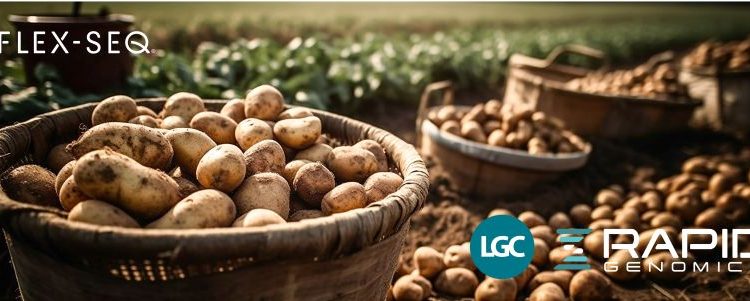Farm income is declining every year, and this is especially noticeable for Dr. Austin Shepp, who grows potatoes. A large number of fungicides have been used to control diseases to which potato varieties are susceptible, resulting in the emergence of resistant populations of various pathogens. Limiting the use of fungicides is especially important in organic farming, so research to understand the factors influencing disease severity becomes a necessity.
One of the serious diseases that affects potato crops is late powdery mildew (Late blight), caused by Phytophthora infestans. Annual losses from this disease, both as a result of reduced yields and increased use of fungicides, are estimated at several billion US dollars. The economic impact of this disease cannot be underestimated and is predicted to lead to food problems around the world for many years to come.
Innovative approaches to developing resistant potato varieties are critical to agriculture, and the use of genomics has increased significantly among potato breeders over the past few years. New potato varieties have been developed using resistance genes to P. infestans (Rpi genes) that originate from wild potato relatives. However, such programs are complex and lengthy. New approaches focus on identifying key Rpi genes through GWAS studies, and then genetically engineering so-called “gene pyramids” or combinations of several Rpi genes. Single-gene resistance strategies can often be overcome by rapidly evolving pathogens. By testing and combining sets of genes from wild potatoes, we hope that the next generation of potato breeders will have fewer problems with powdery mildew in the future.
We are proud to announce our new FLEX-Seq genotyping platform for potato, which greatly enhances this process and already has markers for Potato Virus Y resistance.







